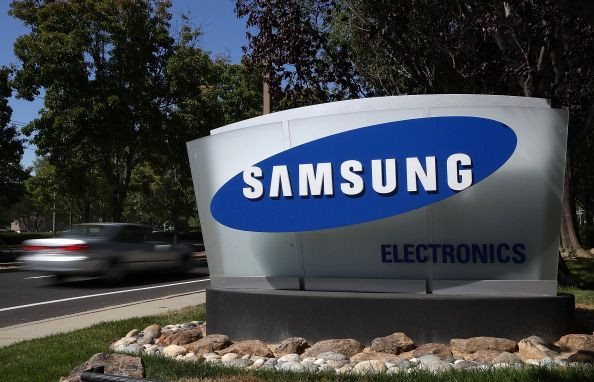Bogus Galaxy Note 7 Fire Complaints Uncovered As Samsung Ships ‘Safe’ Replacements

Samsung has found that some of the complaints against its first-batch Galaxy Note 7 handsets were actually fake. The South Korea tech giant stated recently that exactly 26 reports of its flagship device allegedly catching fire were proven to be bogus.
According to Phone Arena, Samsung reviewed all of the reports against its Galaxy Note 7 and discovered that 26 of them were falsely made by customers. The reports that were found to be fraudulent were from the U.K., Canada, Czech Republic, Turkey, Singapore, Romania, the Philippines, Croatia, Lebanon, Iraq, the UAE and Vietnam. While these countries each had one false report, nine cases were from the U.S., three from Samsung’s home country and two from France.
Samsung asserted that it found no faults in twelve of the complaints. The South Korea giant also revealed that the other seven complainants could not be reached, while the remaining seven out of the 26 reports were either canceled or the customer had stated that the handset has already been disposed.
Early this month, Samsung made a voluntary global recall of 2.5 million Galaxy Note 7 handsets after reports of devices catching fire or exploding while charging surfaced. The company admitted at the time that it has found the batteries to have a production defect that could put more owners at risk.
Late last week, as the U.S. government officially declared a recall of the faulty Galaxy Note 7 devices, Samsung Electronics America President and COO Tim Baxter made a public statement saying that its new batch of Note 7 smartphones are “safe” per a lithium-ion battery expert. The new devices are currently being shipped to several markets.
Meanwhile, just this Thursday, Samsung made a pact with the Korean Agency for Technology and Standards that every battery of the new handsets should be x-rayed to ensure that the ones that will be provided to local consumers are indeed safe.
© Copyright IBTimes 2025. All rights reserved.



















